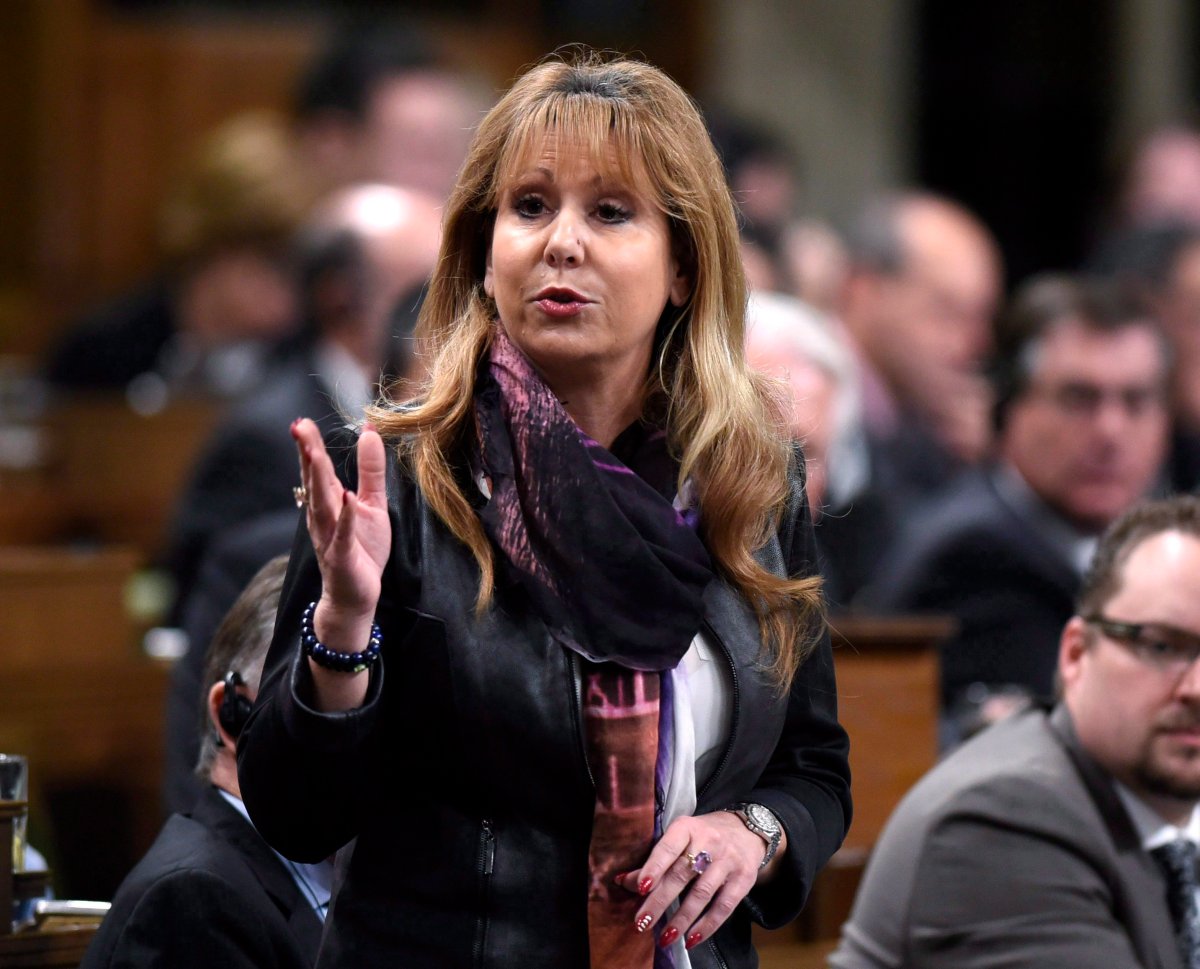The B.C. Liberal leadership race is heating up, and although it’s debatable whether the general public is paying much attention to it, the contest is slowly revealing that one particular candidate seems to stand apart from the others.

That would be Dianne Watts, the former Surrey mayor and ex-Conservative MP. And where she sits versus the other five leadership candidates is not necessarily a good thing for her or the party.
Watts’ performance in a series of leadership debates (they are available for viewing on Facebook) has been questioned and criticized by many observers.
In the debate in Kelowna this past weekend, Watts’ performance was not nearly as flat as her previous outings, but she continues to offer little more than platitudes and a constant, vague pledge to “listen” and “work together”.
Her grasp of issues has been less than impressive, while her opponents – four former cabinet ministers – seem well-briefed on a number of them.
Of course, performing well in these debates is not necessarily a guarantee of victory in the leadership race. The eventual champion will be the candidate who gets the most votes from party members, so signing-up new members is more important.
And Watts seems to have toured the province more than her counterparts, so she presumably has signed up a fair number of new members.
- What is a halal mortgage? How interest-free home financing works in Canada
- Ontario doctors offer solutions to help address shortage of family physicians
- Capital gains changes are ‘really fair,’ Freeland says, as doctors cry foul
- Budget 2024 failed to spark ‘political reboot’ for Liberals, polling suggests
Under the rules of the leadership race, all 87 ridings are treated equally and are each assigned 100 “points.” The points are allocated to each candidate based on the percentage of the votes they get from the members in each riding (i.e. if a candidate gets 42 per cent, he or she would get 42 points).
A preferential ballot will be used, where party members can make second, third (or more) choices. If no one wins on the first ballot, the second choices are distributed and that process continues until a candidate receives a majority of points.
But back to the debates. There seems to be increasing tension between Watts and her counterparts at these events.
While Andrew Wilkinson and Todd Stone, for example, have squared off against each other their encounters clearly lack what appears to be simmering animosity between Watts and the others.
This is not entirely surprising. Watts is the only “outsider” in the race. The others have all been long-time members of the same party (Watts only joined a few months ago) and are all caucus colleagues. In Kelowna, there were particularly tense encounters between Watts and both Stone and Wilkinson.
It appears that Watts’ refusal to offer many clear policy positions is exasperating her opponents. And she has been pointed in her criticism of the party and its loss of so many seats – and eventually the government – in the past election, criticism that her rivals likely find fairly irritating since they (with the exception of Michael Lee) were members of that government.
If Watts does prove victorious on Feb. 4 (and we’re still a long way from that voting day) it’s an open question whether she can keep the party together. Not only does she lack the support of a single member of the B.C. Liberal caucus, but several B.C. Liberal MLAs have expressed worries to me about what a Watts leadership win holds for party unity.
While Christy Clark also lacked caucus support when she successfully won the leadership race in 2011, it’s important to note she was part of the cabinet and caucus that her opponents were also part of and had a long history herself within the party.
But even with those party credentials, Clark eventually ran into serious caucus unity issues (her surprise 2013 election victory erased them) and one has to wonder whether Watts wouldn’t inevitably face the same kind of internal strains over her leadership.
She has no history with her rivals on that debate stage, or with many members of the B.C. Liberal caucus. No one knows who’s going to win this race, but one thing is becoming increasingly clear: a Watts victory may put the party unity card on the table, and it may prove tough to deal with it while the party sits in Opposition.
Keith Baldrey is chief political reporter for Global BC. This is reprinted from his weekly column with Glacier Media.



Comments